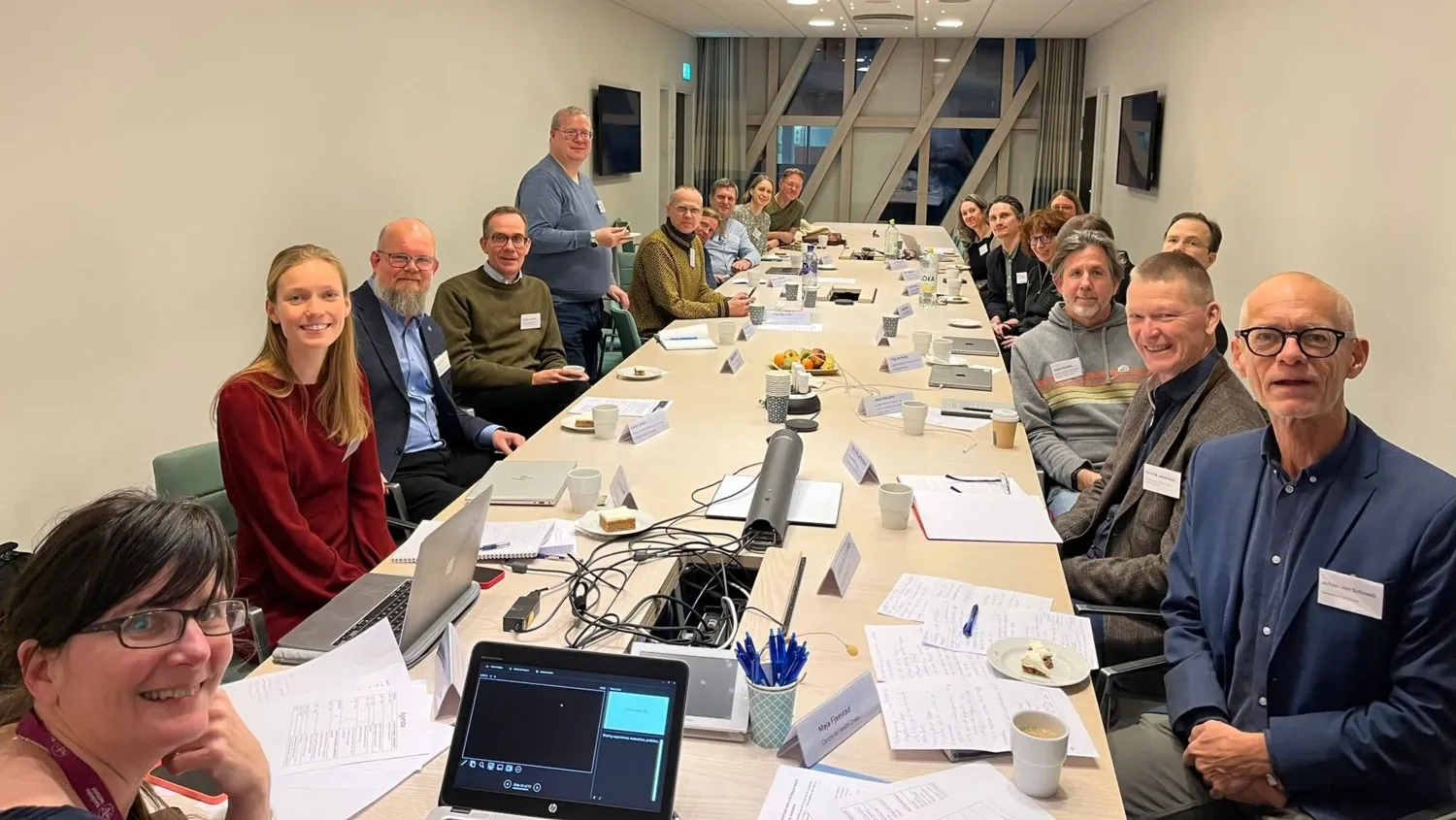Health Crises Network
There is a wealth of expertise, experience and resources available at Swedish universities, in a number of areas, all of which are essential in the preparedness, management and evaluation of health crises. The Health Crises Network, coordinated by us at the Centre for Health Crises, brings these together in a network, with the aim of creating more effective collaborations and making better use of our expertise and resources for the benefit of the rest of society.
About the network
The network consists of individuals with relevant subject expertise from Swedish universities and colleges, and our Centre is the coordinating node. Membership in the network is based on the person possessing relevant expertise and conducting relevant activities in a health crisis-related field. Currently, the network consists of around 50 members from 16 Swedish universities.
The network met for a working day in conjunction with the Health Crises Forum in November 2024, in order to discuss how the outcomes of the Forum, not least the conclusions that were drawn, could be further developed and implemented. During the day we also specified that collaboration within the network will primarily take place within the areas science to policy and education, which are also our programme areas at the Centre for Health Crises.
Objectives of the network
- To co-operate on issues related to health crisis preparedness, management and evaluation
- To jointly share the expertise and skills available in health crisis-related issues at Swedish universities
- To work to define the role of universities in health crises and as part of the total defence, and to promote public opinion to make use of the expertise available at universities
- To continuously exchange and co-operation on common issues
- To build capacity for the future and ensure that the next generation has the skills to continue the work
- In addition, the network will be rapidly activated in the event of a health crisis, to share expertise and resources
Chart presenting the members of the Health Crises Network

Background to the creation of the network
The background to the creation of the Health Crises Network was when we at Centre for Health Crises were allocated funds in KI's appropriation directions for the budget years 2023, 2024 and 2025 to develop cooperation between universities and colleges in the field of health crises.
The first step in this process was a mapping carried out in 2023, which identified expertise in several specific subject areas relevant to health crises. The mapping also identified educational activities in the field at Swedish universities. The conclusion was that there is research and education in the field, that the level of ambition is high and that there is a willingness to contribute with evidence, expertise and teaching.
